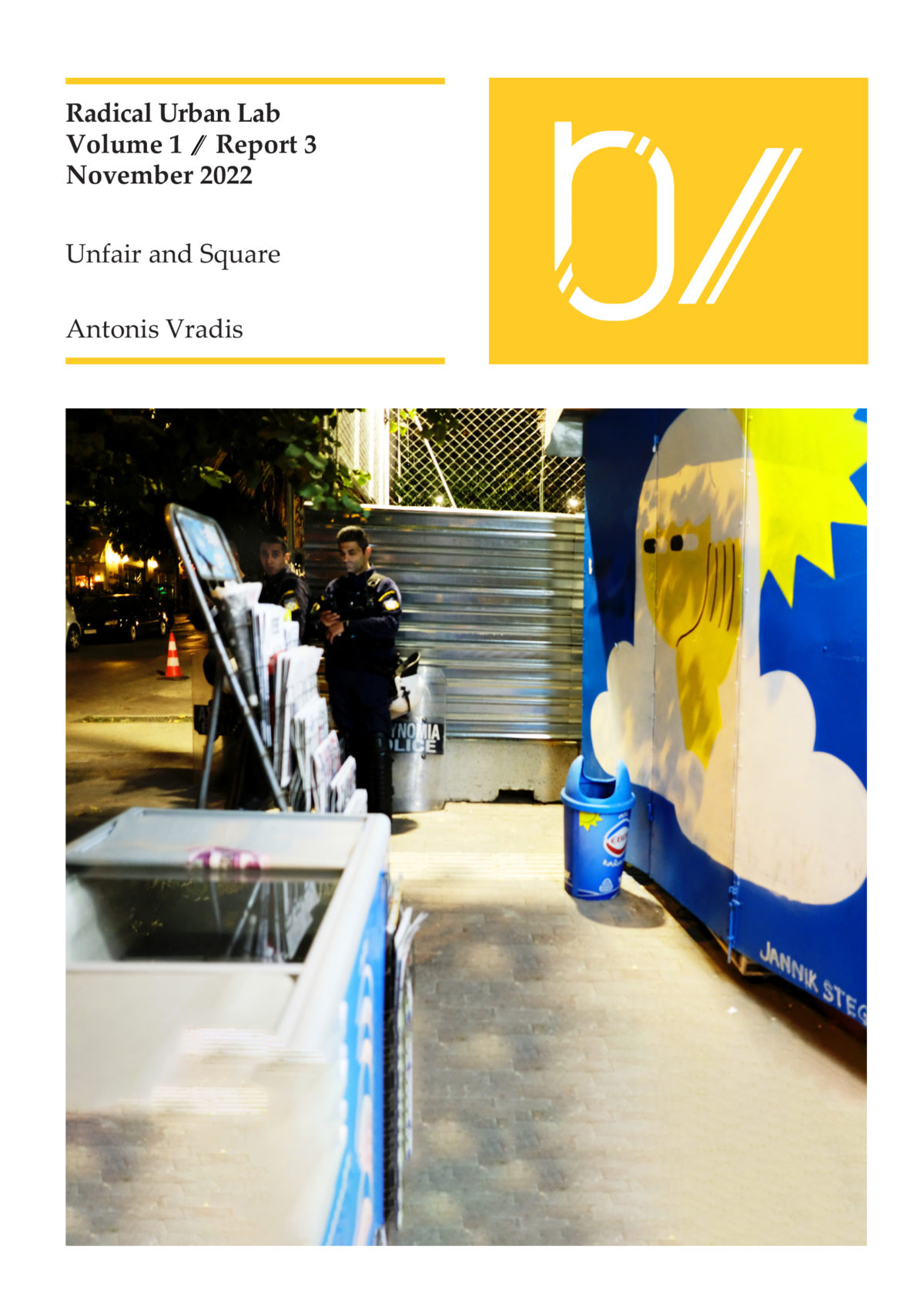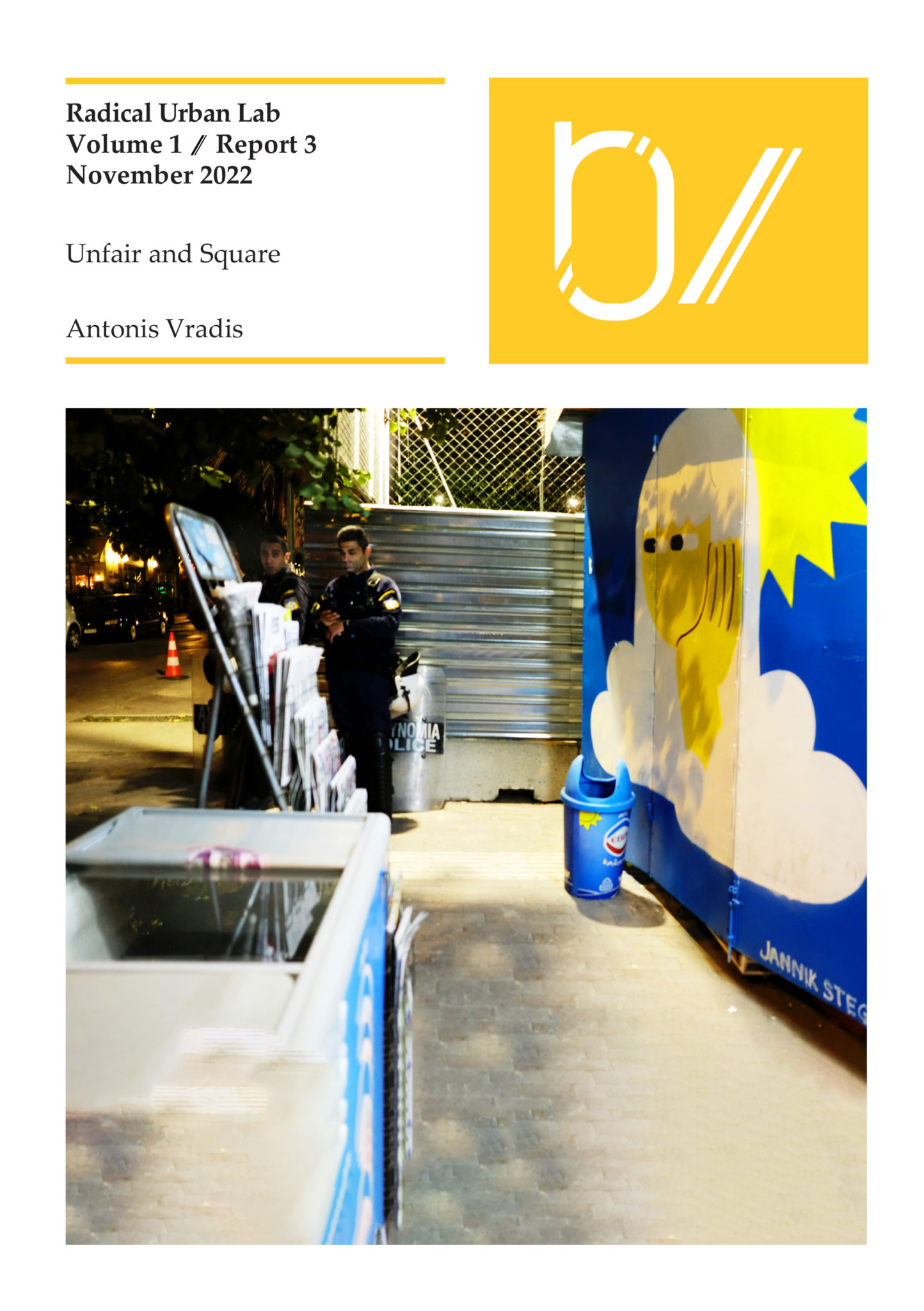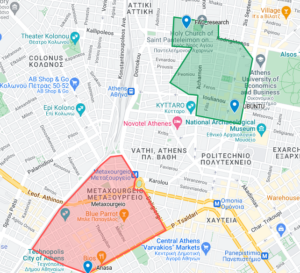Nerina Boursinou
Athens Zine is the creative outcome of the collaboration between people from diverse backgrounds who live or have lived in Athens for a significant part of their lives, with ‘significant’ being understood primarily in terms of impact and not necessarily in terms of duration. Its planning and development lasted almost 7 months using a mixture of hybrid, online and in person collaboration.
There are various but interconnected themes addressed in this little publication. Below, we present some reflections/conclusions on the content. Initially, this was planned to be included in the zine content, however in the final version it has been omitted. This happened for two reasons: The first one is because our incredible graphic designer warned us that the zine was already too big, and it would not be wise to keep adding pages and this led us to the think that perhaps we should allow readers reach their own conclusions without any influence at all.
So, feel free to read or skip the following paragraphs, but please make sure to let us know your thoughts once you’ve gone through Athens Zine.



